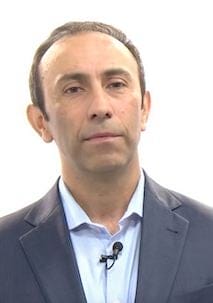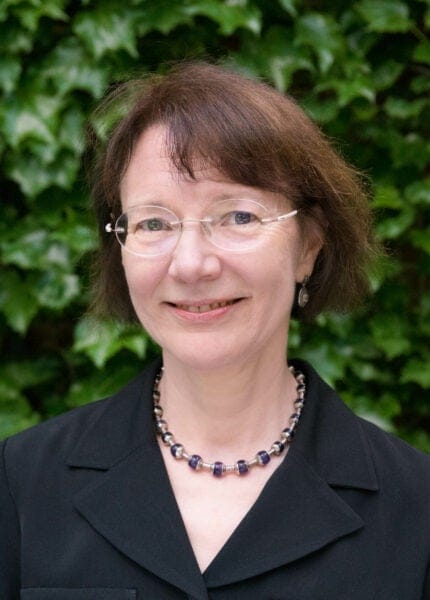Land Value Capture in South Africa
In addition to hosting the policy dialogue series through the National Land Value Capture Programme, the Lincoln Institute is working with the Development Action Group and South Africa’s National Treasury’s Cities Support Programme to produce resources for practitioners interested in employing innovative land value capture tools. Two reports, Bridging Divides: Building an Inclusionary Housing Policy in Cape Town and Legal Aspects of Inclusionary Housing in South Africa, outline legal, political, and practical strategies for implementing inclusionary housing in South Africa.











